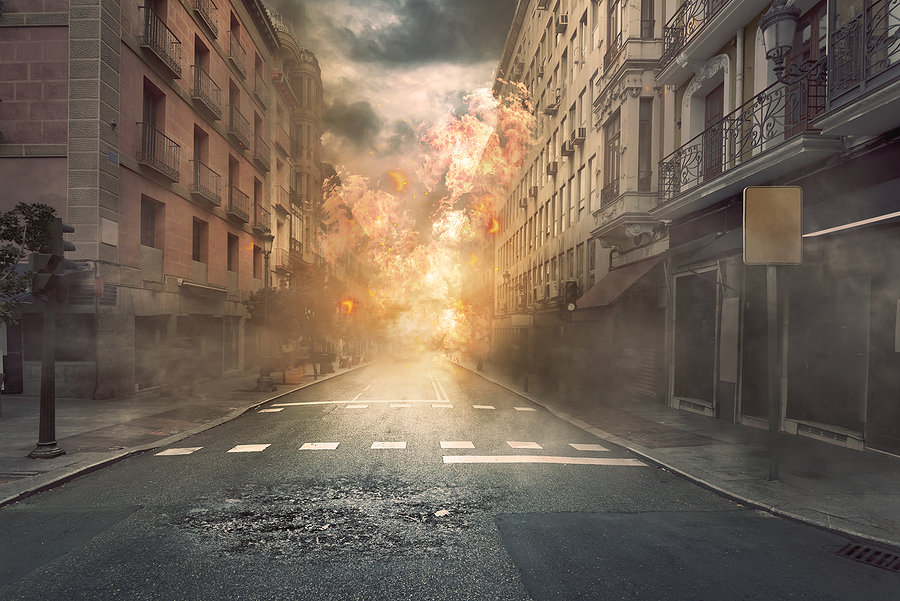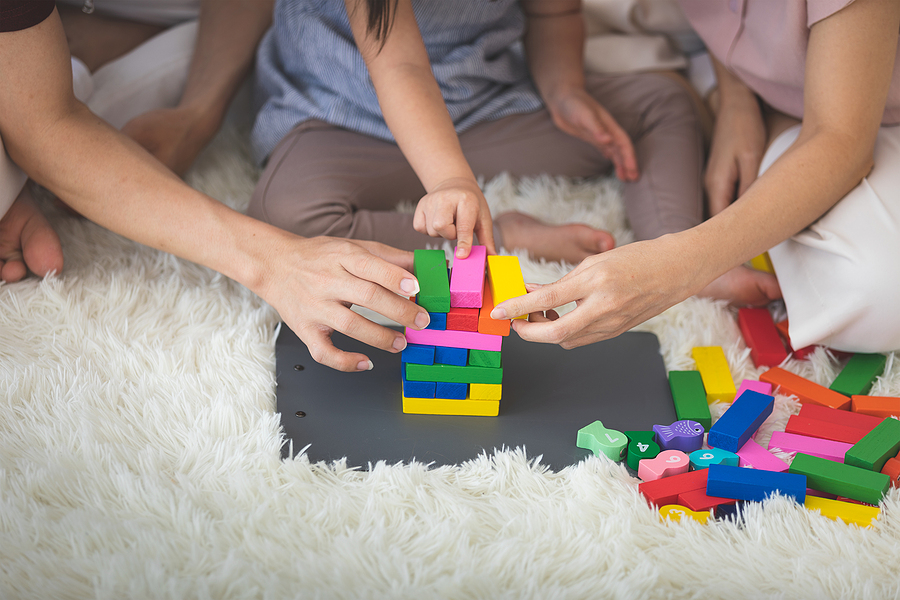Urban survival skills are a collection of skills and points of knowledge that can keep you alive and well during an emergency or catastrophic event in an urban environment. Urban environments have special considerations that you must keep in mind if you’re going to be successful.
But what are these skills and how do you develop them?
Urban Survival Skills: The Basics
Survival skills are important in any scenario that temporarily or permanently deprives you of the modern luxuries that make it easy to stay alive and comfortable. It’s important to know how to find or build shelter, secure a sustainable water supply, collect food, and treat injuries no matter where you are or what you’re dealing with.
In an urban environment, all of these things become more challenging. Resources aren’t as abundant or as immediately available, it’s harder to travel unnoticed, and you’ll likely be surrounded by hordes of people who may or may not have good intentions and may or may not be panicking as a result of the cataclysmic event.
Developing urban survival skills allows you to not only survive, but potentially thrive in this type of environment. You may not want to stay in a city for very long after a catastrophic event, but you’ll need urban survival skills for as long as you remain there.
How do you develop those skills? The most straightforward option is to attend a survival skills school that covers urban survival skills, specifically. In one of these classes, you’ll learn from a certified instructor, work with peers, and get practical experience practicing these skills. If and when you find yourself in a difficult urban situation, you’ll be ready for it.
It’s also possible to develop urban survival skills through other methods, such as reading books, watching videos, or working with urban survival experts you know. No matter what, it’s important to keep pushing the limits of your own knowledge and get experiential practice so you’re prepared for a real situation.
Finding the Essentials in an Urban Environment
In an urban environment, like any other, your priorities are as follows:
- Water. The average human can only survive three days without water – and the last two won’t be pretty. If you don’t have a reliable supply of water, you aren’t going to survive very long. You have to assume that running water will be unavailable or unsafe, so you’ll need a backup strategy to secure the water you need, such as collecting and purifying rainwater.
- Food. You’ll also need a plan to secure food. Weeks after all the grocery stores have been looted, will you resort to hunting pigeons? Will you have the skills necessary to create and nurture a rooftop garden? Do you have stockpiles ready for such an emergency?
- Shelter. Shelter is also important to secure, and you may not have it by default. If your living space is compromised or if you don’t have a living space, how will you secure one?
- Defense. With your more pressing needs taken care of, you’ll need to think about self-defense. It’s very common for urban environments with limited resources to devolve into chaos and “every man for himself” style philosophies. Under these conditions, will you be able to defend yourself?
- First aid. First aid is of vital importance in urban environments, and it’s only a matter of time before medical supplies run low. It’s important to have practical knowledge for applying first aid even with limited resources.
Key Considerations for Surviving in an Urban Environment
Urban environments have some special considerations attached to them, including:
- Resource accessibility. One of your biggest concerns is going to be resource accessibility. City environments thrive under normal conditions, but mere hours after an emergency situation starts unfolding, people will begin to have issues with water, food, medical supplies, and more.
- Transportation and escape. Fleeing the city is going to be challenging, since everyone else will likely be trying the same routes (if escape routes are even available). Merely navigating the city can also be challenging, since you’ll have to deal with the threat of other residents.
- The local population. The current population of New York City is 8.5 million people. Even if many of those people are wiped out in a devastating event, there will still likely be millions of people to compete with – and potentially defend yourself against.
- Social dynamics. Some people may offer kindness and support in the aftermath of an apocalyptic event, but can you really afford to trust them? How can you learn to read people accurately?
- Short-term needs. In some ways, the first few days after a devastating event are the most chaotic and the most challenging. Do you have enough stockpiles to cover all your short-term needs?
- Sustainability and future. Cities without an ongoing supply of external resources are not sustainable. You’ll need to find sustainable sources of water, food, medical supplies, and shelter if you want to survive in the long term.
Learning and developing urban survival skills is something that could take you a lifetime, especially if you want to be prepared for every conceivable scenario. However, you can get started with the basics by attending only a single class. Any effort you make has the potential to pay off in any sufficiently threatening urban situation.
Image Source: BigStockPhoto.com (Licensed)
Related Categories: Safety, Reviews








